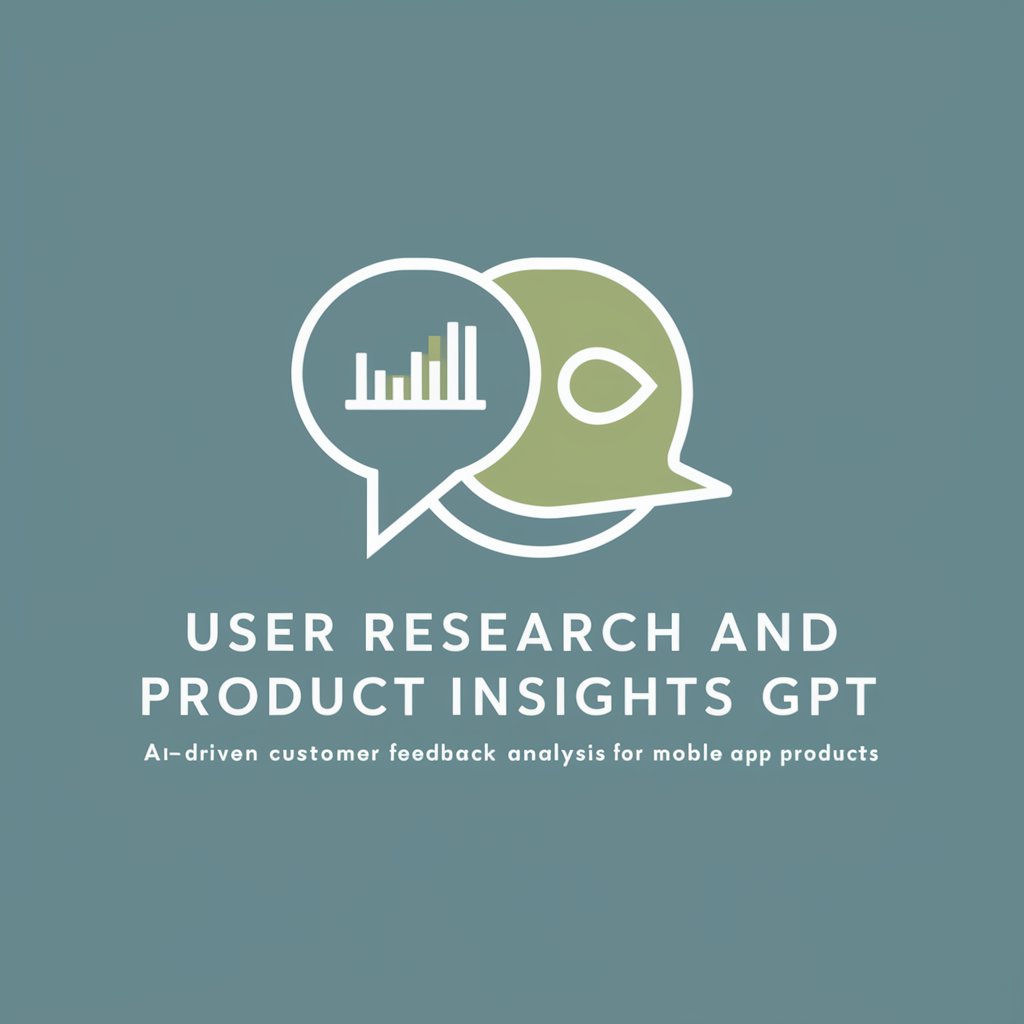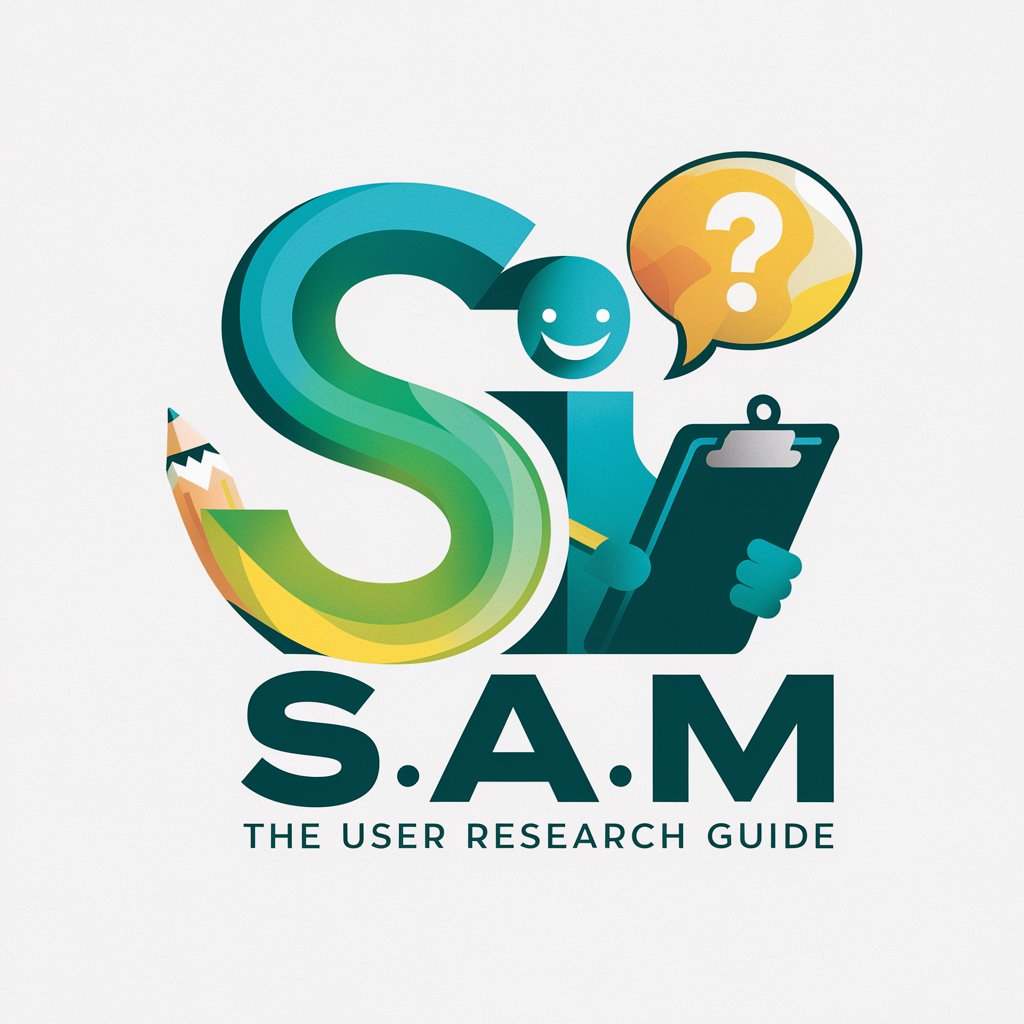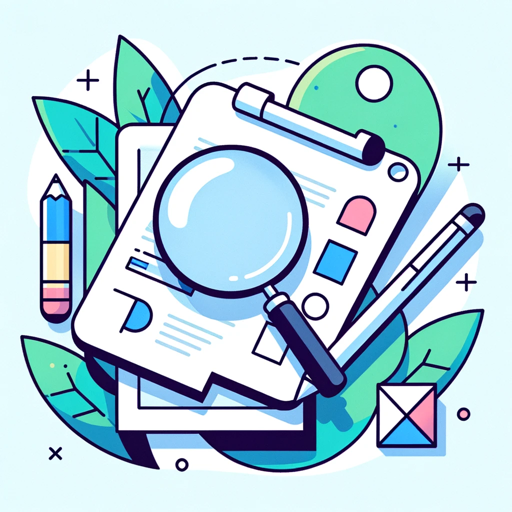
User Interviews and User Research - User Research & Interview Insights

Welcome! Let's explore how your experiences can shape better products.
Uncover user insights with AI-powered research.
Can you describe a recent experience where a product didn't meet your expectations?
What are the biggest challenges you face when using [specific product]?
How do you feel about the current features of [specific product]?
What improvements would make [specific product] more valuable to you?
Get Embed Code
User Interviews and User Research Overview
User Interviews and User Research are methodologies employed to understand the behaviors, needs, and motivations of users through observation techniques, task analysis, and other feedback methodologies. The primary purpose is to gather insightful, qualitative, and quantitative information that can guide the development of products and services to better meet user needs. For example, a digital health app might conduct user interviews to understand the challenges patients face when tracking their symptoms. This could involve speaking with a diverse group of patients to gather a range of perspectives, followed by analysis to identify common pain points and needs. Powered by ChatGPT-4o。

Core Functions of User Interviews and User Research
Identifying User Needs and Problems
Example
Interviews and surveys are conducted to uncover users' challenges and requirements. For instance, a software development company might use these methods to understand the difficulties users encounter when using their project management tool, leading to insights that drive the development of new, more intuitive features.
Scenario
A scenario might involve conducting structured interviews with users who have abandoned the shopping cart on an e-commerce platform to discover the reasons behind their actions and identify any common barriers they experienced.
Testing Usability and Experience
Example
Observational studies, usability testing, and A/B testing help in evaluating how users interact with a product and where they face issues. For example, a mobile app company might perform usability testing by observing users as they complete tasks within the app to identify any navigational difficulties or bugs.
Scenario
A company could employ A/B testing by presenting two versions of a webpage to different segments of users to determine which layout or content results in better engagement or conversion rates.
Validating Product Concepts
Example
Before full-scale development, concepts and prototypes are presented to target users to gauge their interest and gather feedback. For example, a tech startup may create a minimal viable product (MVP) of their new social networking platform and conduct user interviews to validate the concept and refine features based on user feedback.
Scenario
In a scenario, a design team could use focus groups to test different design concepts for a new kitchen appliance, gathering user opinions to influence the final product design.
Ideal Users of User Interviews and User Research
Product Managers and Designers
These professionals use user research to make informed decisions about product features, design, and development, ensuring that the end product aligns with user needs and preferences. For them, understanding user behavior and feedback is crucial for creating user-centric products.
Marketing Teams
Marketing professionals utilize user research to understand their target audience better, craft more effective marketing strategies, and develop messaging that resonates with potential customers. By understanding the user's journey, they can create targeted campaigns that effectively address user desires and pain points.
UX Researchers and Designers
These individuals specialize in understanding user experiences and designing for usability. They rely heavily on user research to guide the design process, ensuring that products are accessible, intuitive, and enjoyable to use.
Startups and Entrepreneurs
For startups, user research is vital to validate product ideas, understand the market, and iterate quickly. Engaging with users early on helps in refining business models, targeting the right audience, and developing products that meet real user needs.

Guidelines for Using User Interviews and User Research
Start Free Trial
Initiate your journey by visiting yeschat.ai to access a free trial, no login or ChatGPT Plus required.
Define Objectives
Determine the goals of your user research. Identify what you want to learn from your users to guide the types of questions you'll ask.
Recruit Participants
Identify and recruit a diverse group of users that represent your target audience. Use screening surveys to ensure they match your user personas.
Conduct Interviews
Prepare open-ended questions that encourage detailed responses. Conduct the interviews in a comfortable setting for the participant, ensuring confidentiality and consent.
Analyze Findings
Organize and analyze the data collected from the interviews to identify patterns, insights, and user needs. Use these insights to inform product decisions and improvements.
Try other advanced and practical GPTs
User Personificator
Empowering Design with AI-Powered Insights
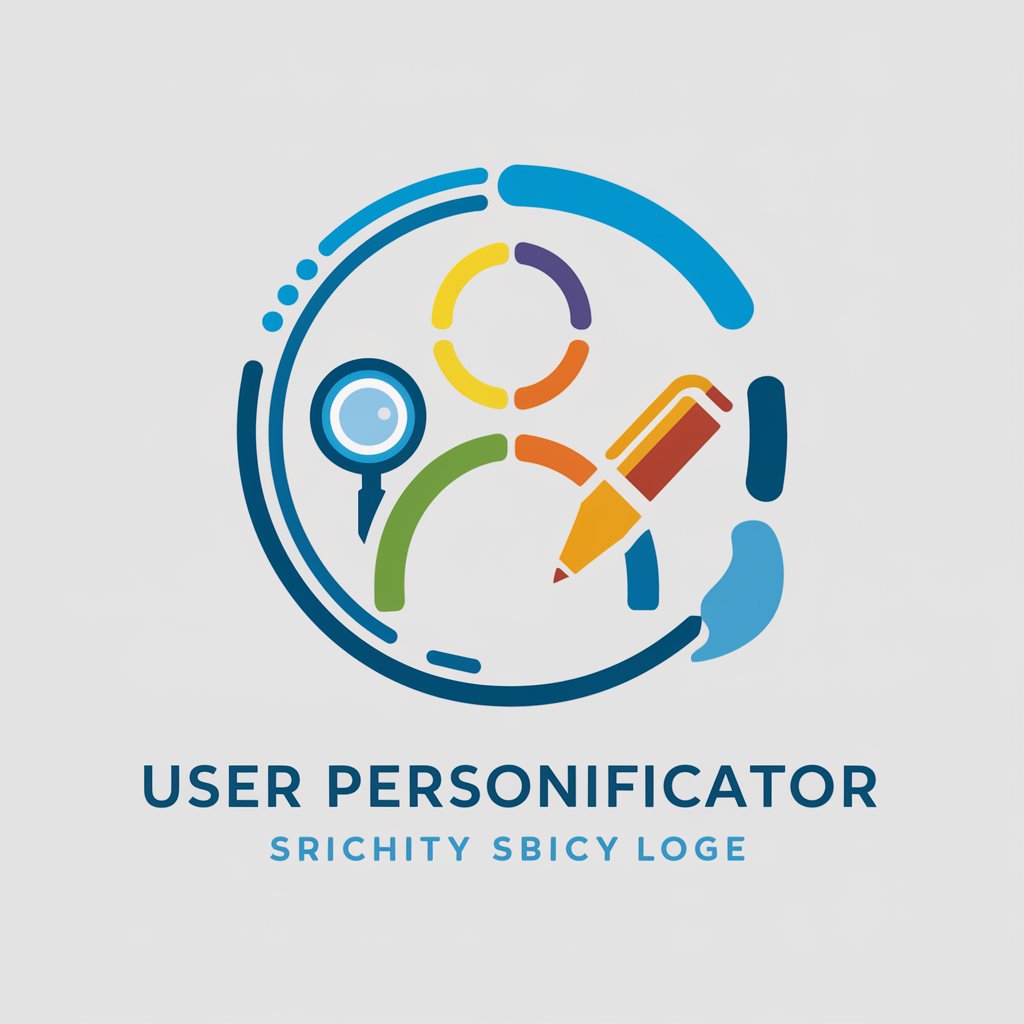
User Researcher
Uncover user insights with AI-driven research.
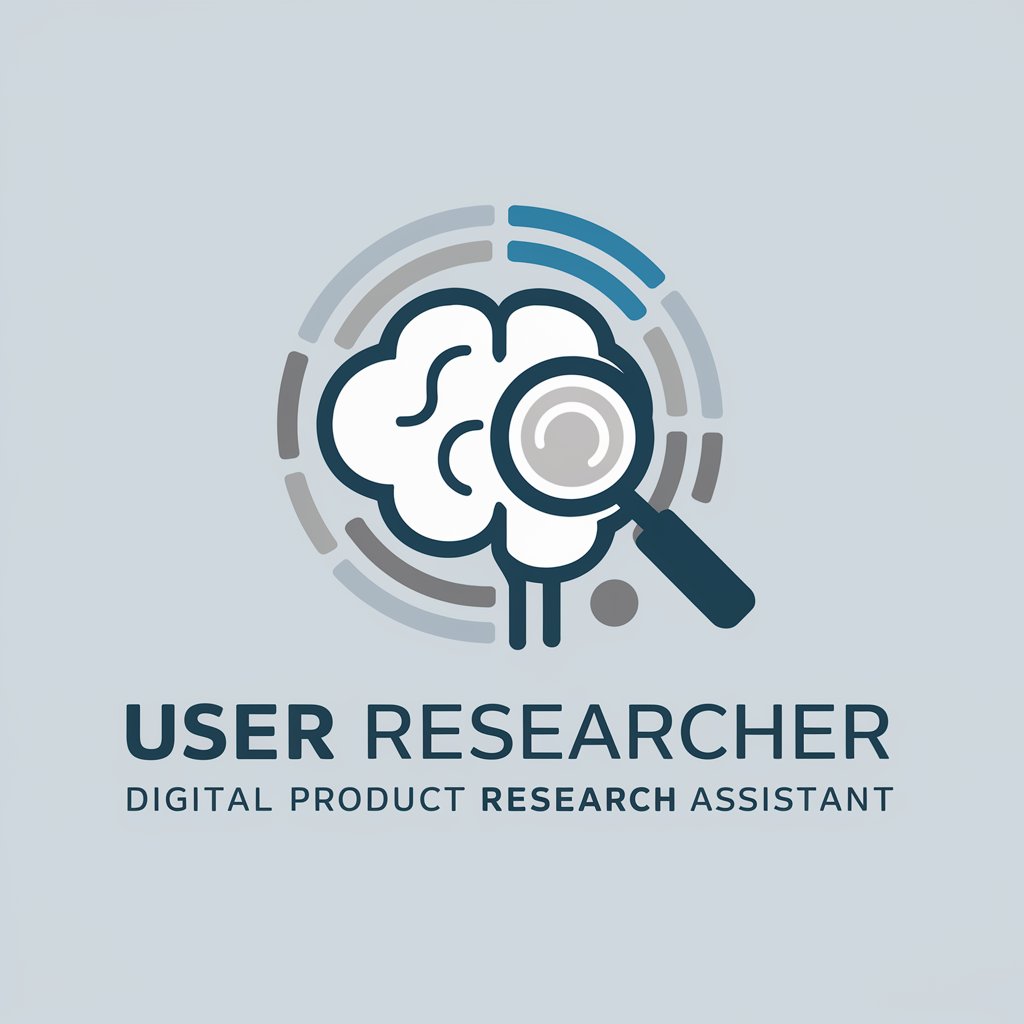
Super User
Empowering Technology with AI
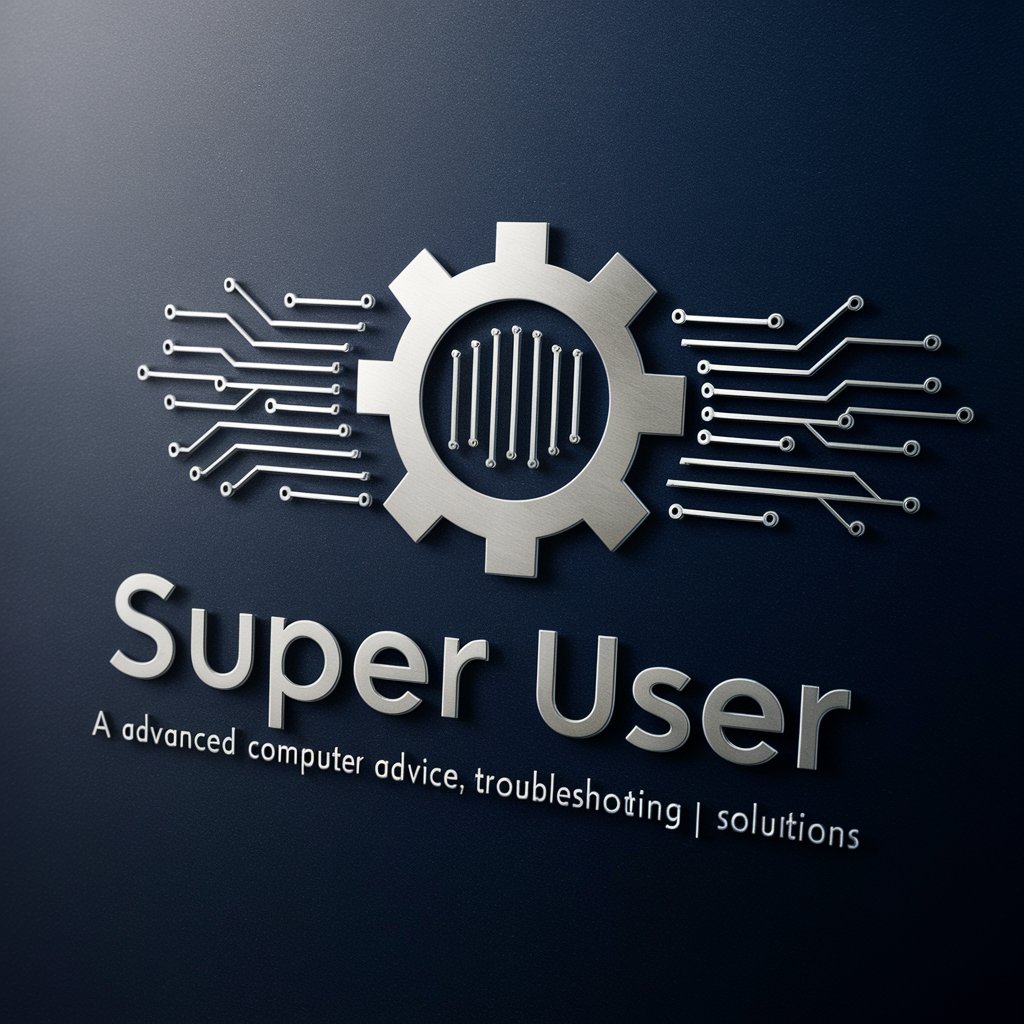
User behavior
Empowering Insights with AI

User
Revolutionize Interaction with AI-Powered User
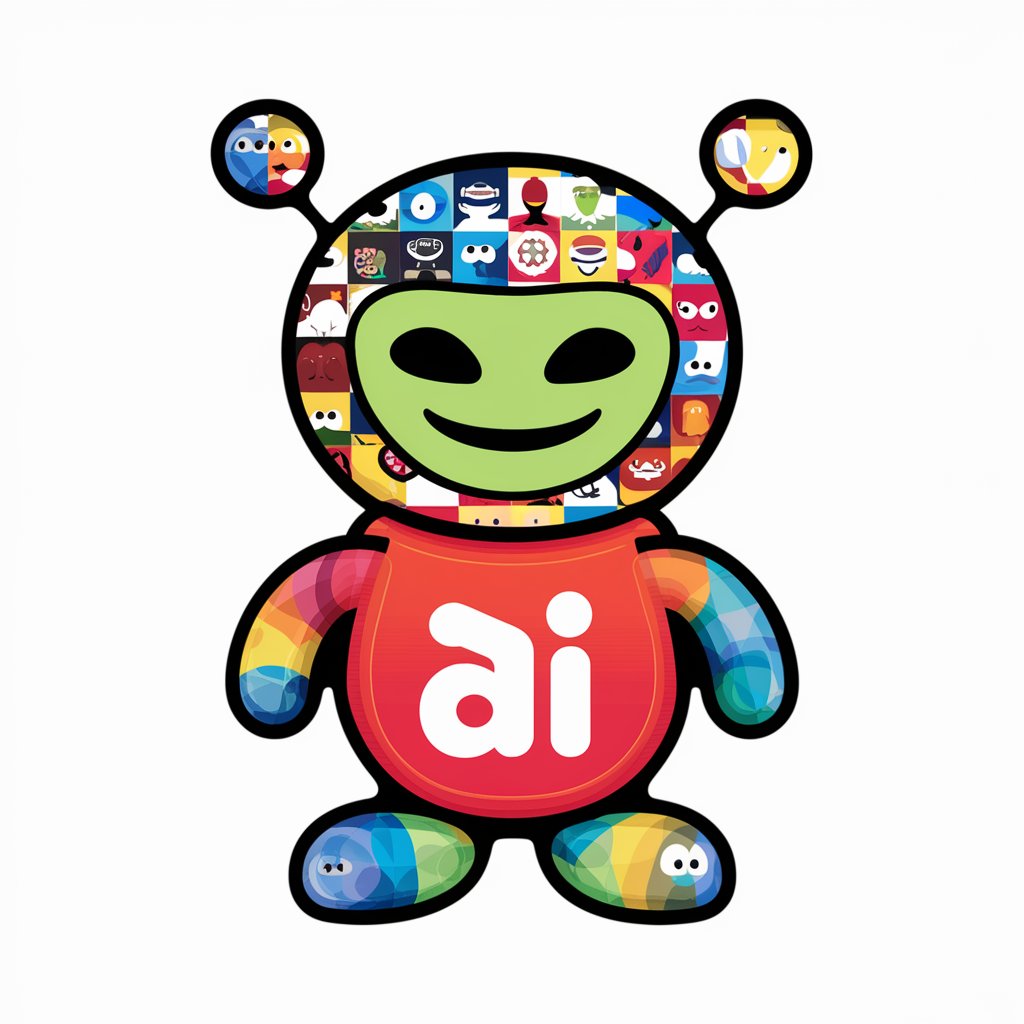
Strategic Advantage
Empowering Decisions with AI Insights
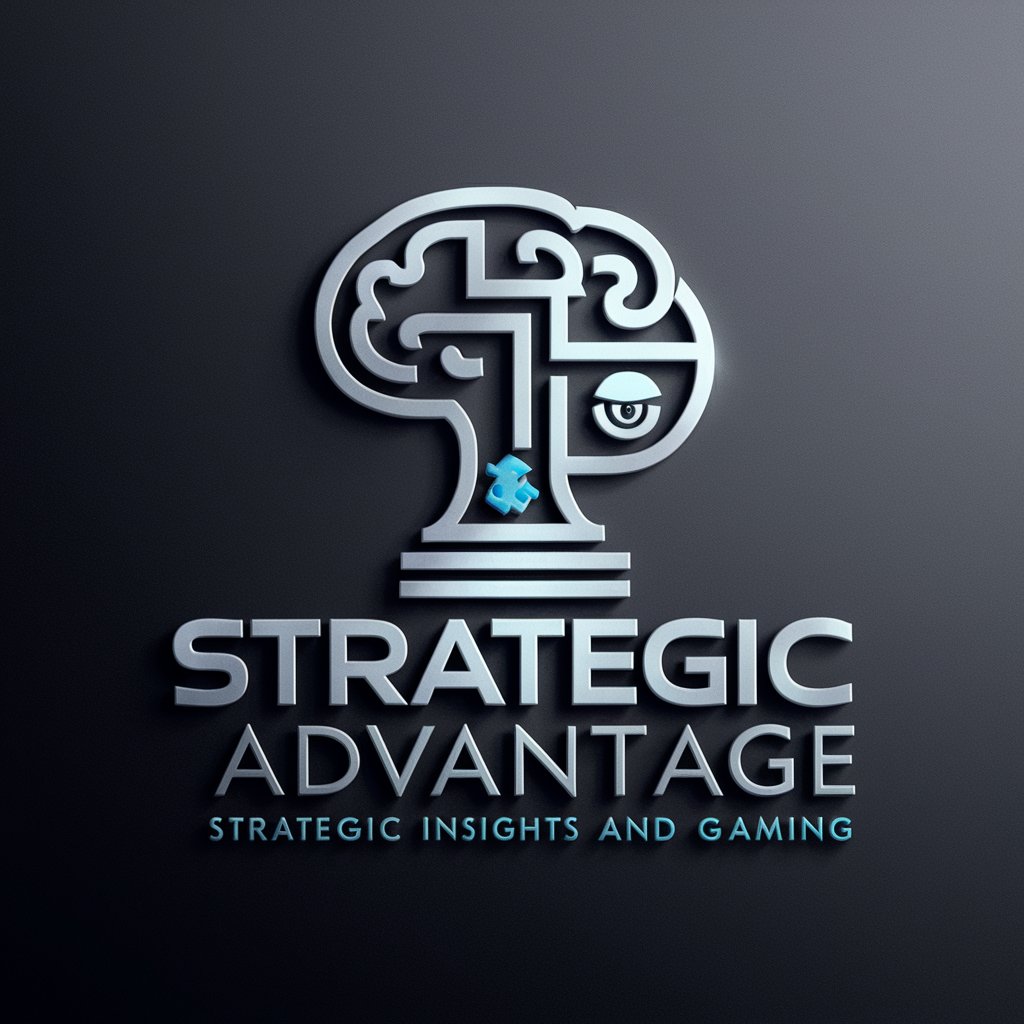
User Journey
Illuminate your user's path with AI
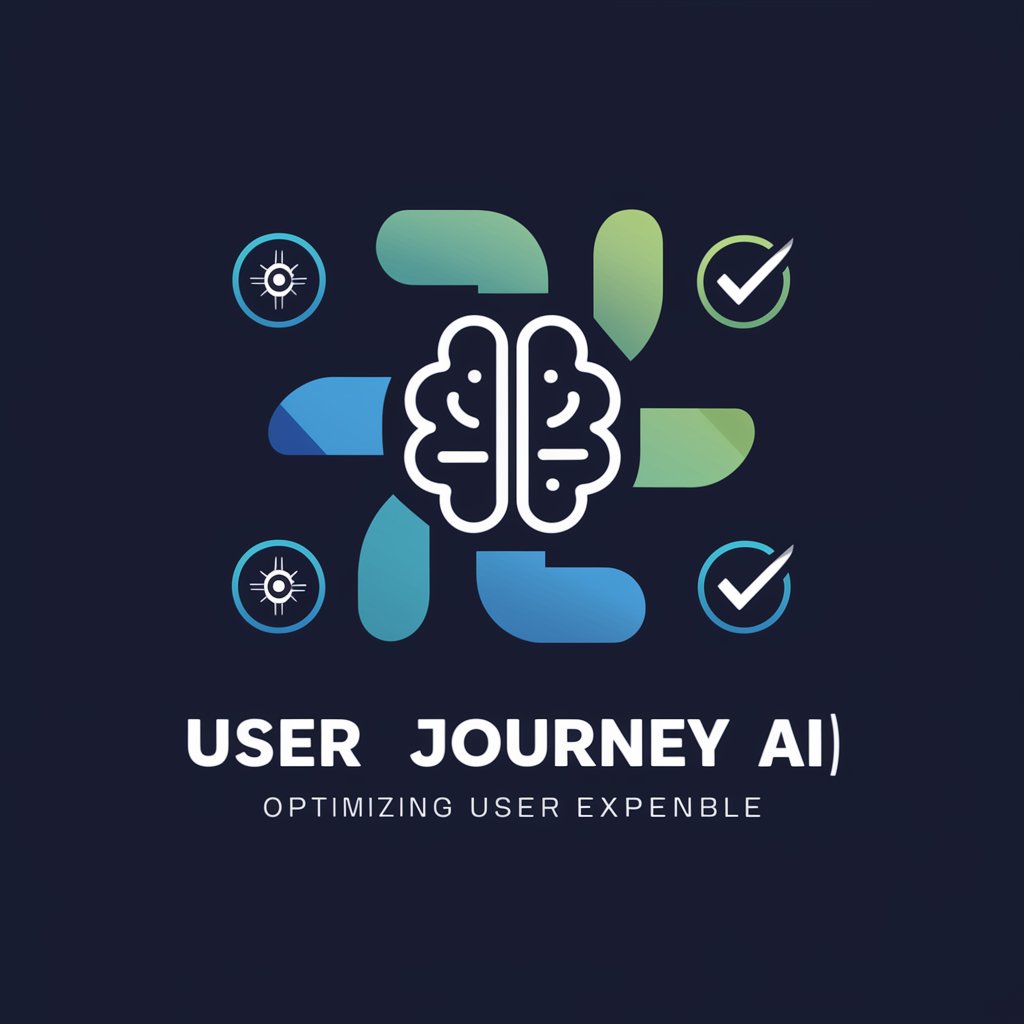
User Guides Documentation Builder
Empowering Documentation with AI
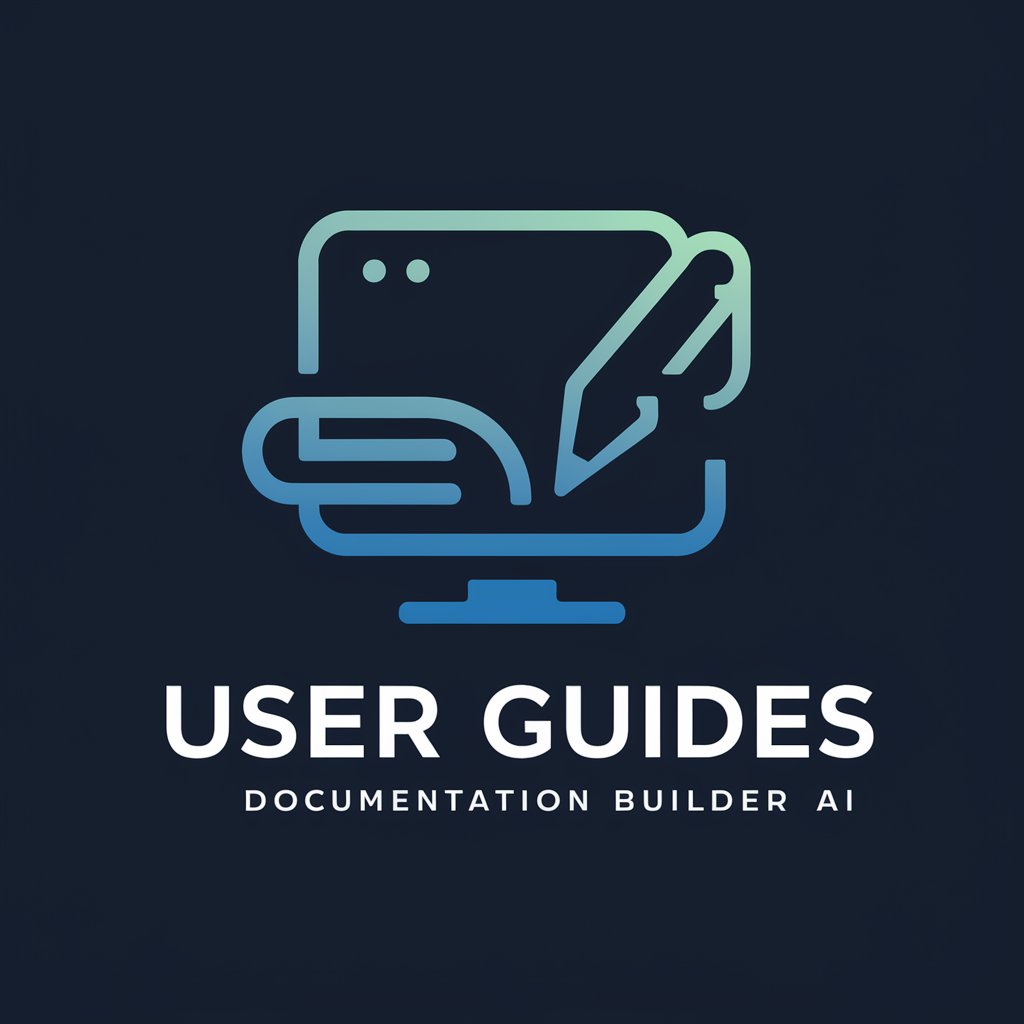
Shape Of My Heart meaning?
Unlock deeper meanings with AI
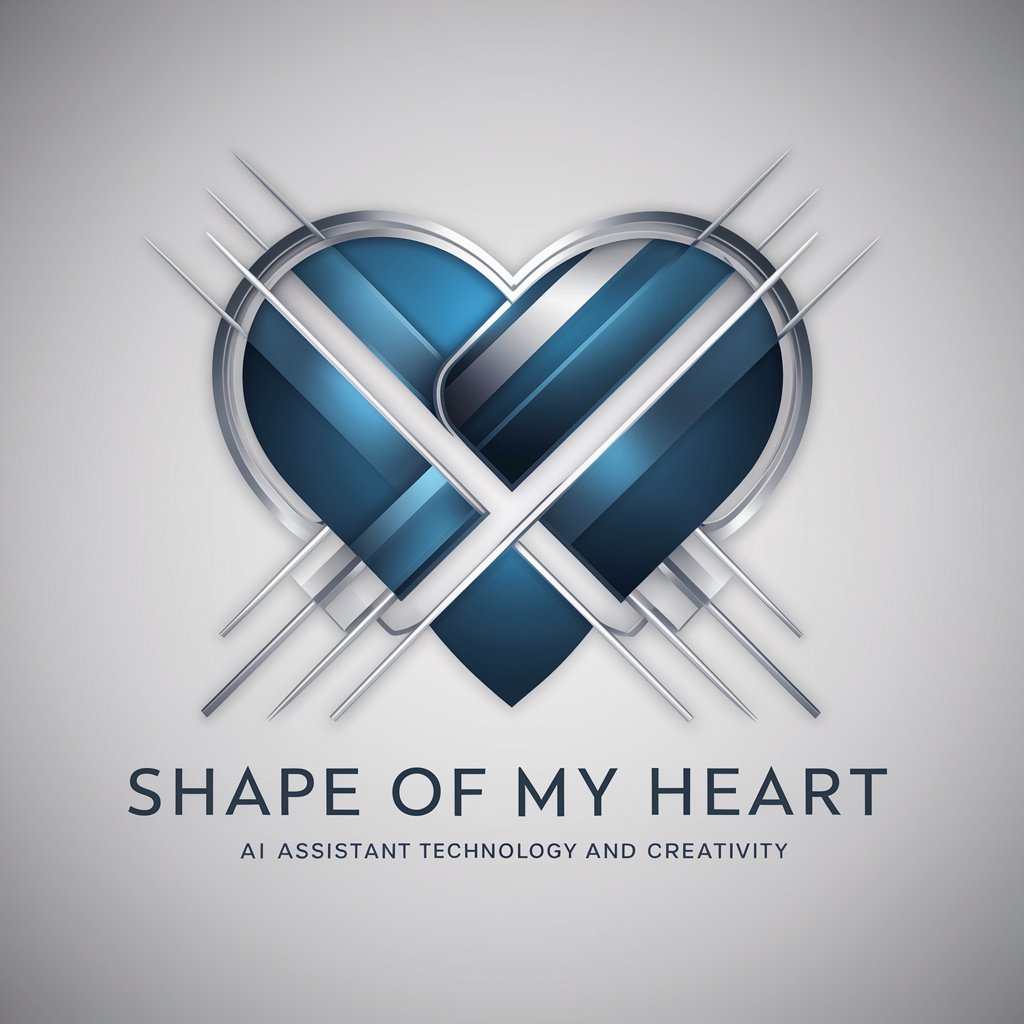
Get Shape
Empowering your diet with AI-driven motivation.
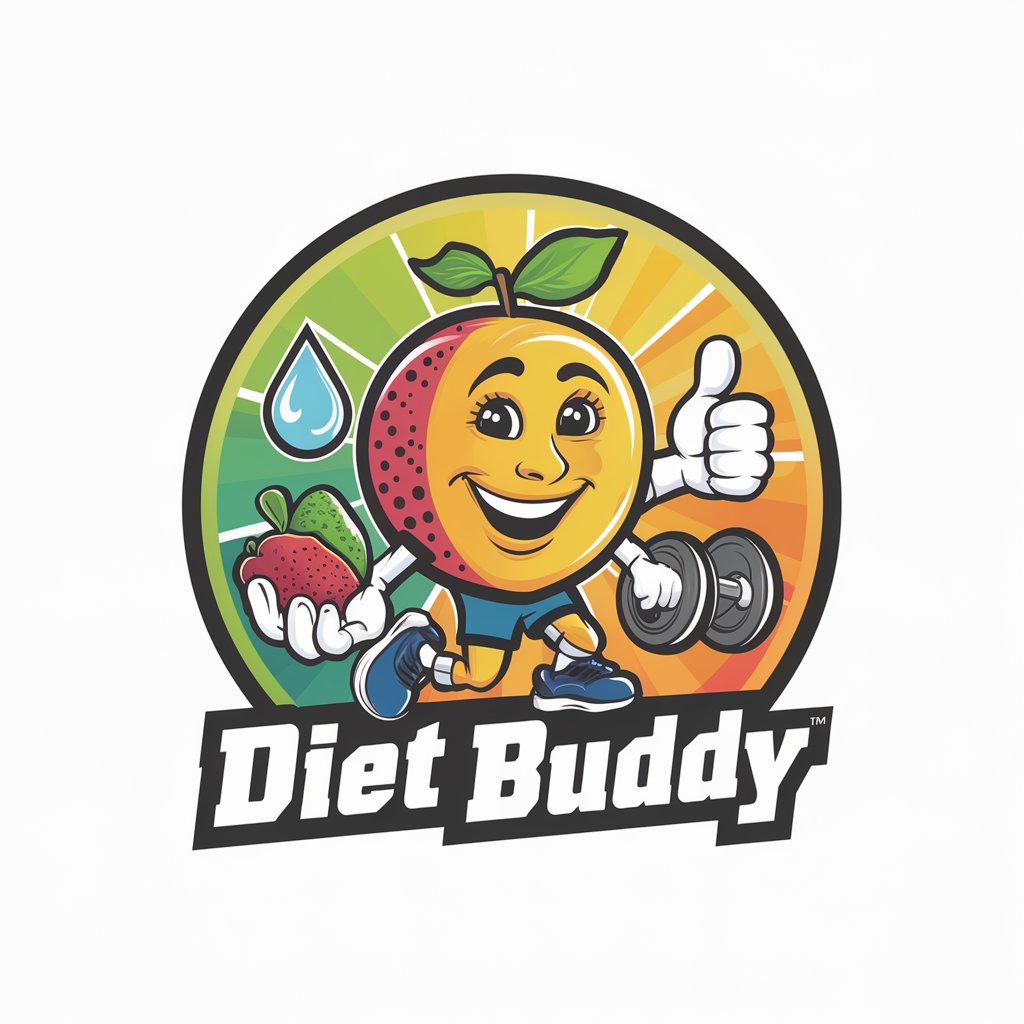
Shape Up Guide
Sculpting Success in Software Projects

Calorie Deficit Calculator | Get in Shape
AI-powered smart calorie management

Frequently Asked Questions about User Interviews and User Research
What is the primary purpose of user interviews and user research?
The primary purpose is to understand the experiences, needs, and problems of users to inform product design and development.
How many participants should I include in user research?
The number can vary, but generally, 5-8 participants per user group can provide sufficient insights to identify usability issues and user needs.
How do I ensure unbiased user interviews?
Prepare neutral questions, listen actively without leading the participant, and avoid expressing your own opinions during the sessions.
Can user research be conducted remotely?
Yes, user interviews can be conducted remotely using video conferencing tools. Ensure a stable connection and a quiet environment for effective communication.
How do I use the findings from user research?
Synthesize the findings to identify common themes and insights. Use these to inform your product strategy, design decisions, and prioritize feature development.

